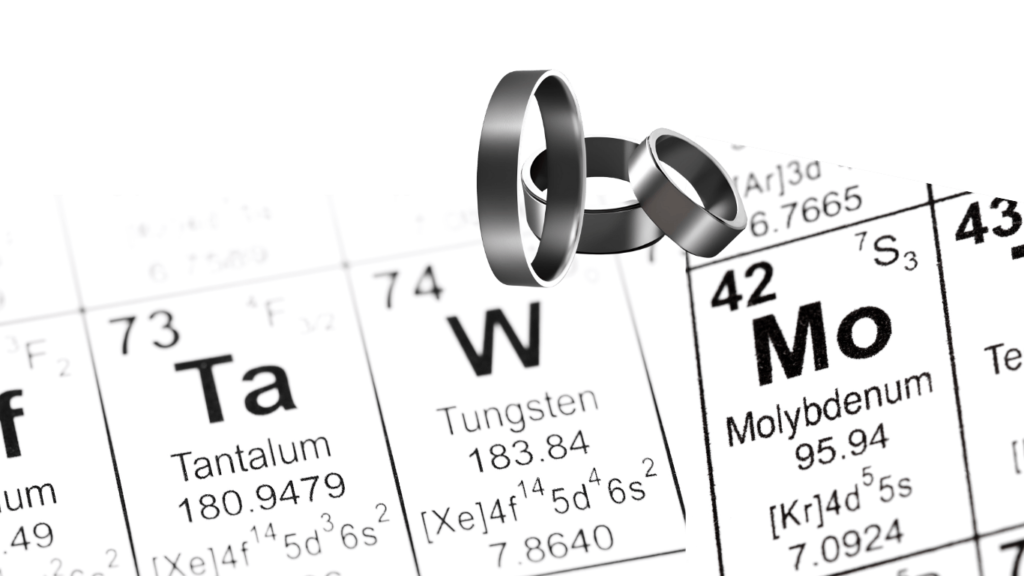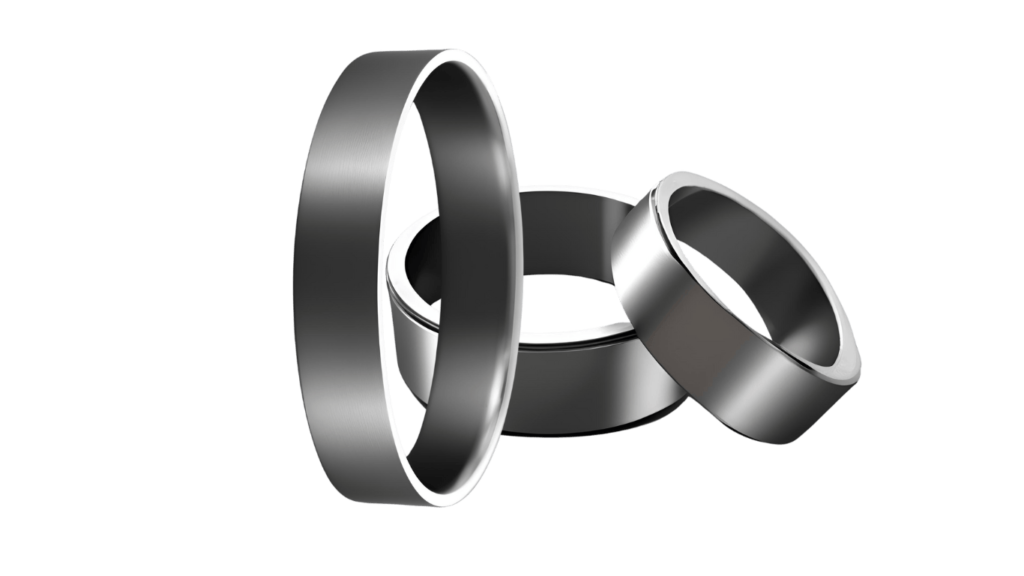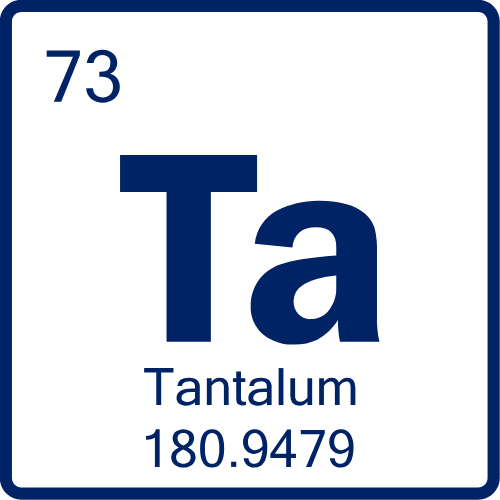Marker Bands
- All Products
- Marker Bands

Marker Bands Overview
Marker bands are critical components in the medical industry, used primarily as radiopaque markers to enhance visibility during minimally invasive procedures. They are short, precision-cut, thin-walled tubes made from high-density metals like tantalum, platinum, tungsten, and molybdenum, offering superior radiopacity. This feature makes them highly effective for guiding catheters, stents, and other medical devices in procedures such as angioplasty, cardiac rhythm management, and radiological imaging.
At TMBands, we specialize in manufacturing high-quality marker bands with narrow tolerances and exceptional material properties, ensuring reliable performance in the most demanding medical applications. Our marker bands are available in various materials and sizes to meet the specific needs of medical device manufacturers.
Product Features

- High Radiopacity: Our marker bands are crafted from metals with excellent radiopaque properties, enabling precise imaging under X-ray or fluoroscopy.
- Exceptional Biocompatibility: Materials such as tantalum offer high corrosion resistance and biocompatibility, reducing the risk of adverse reactions.
- Precise Dimensions: Manufactured to tight tolerances, ensuring a perfect fit and consistent performance in medical devices.
- Material Versatility: Available in tantalum, platinum-iridium, tungsten, and molybdenum, giving customers the freedom to choose the most suitable option for their applications.
Materials Offered

Tantalum
Known for its superior biocompatibility, corrosion resistance, and affordability compared to platinum. It’s ideal for long-term implants and MRI-compatible devices.

Tungsten
A cost-effective option with high radiopacity, commonly used in short-term devices.

Molybdenum
Offers good radiopacity and is used in applications where weight is a consideration.
Applications of Marker Bands
marker bands are versatile and used across various applications in the medical industry:
- Angioplasty: Marker bands are used to guide balloon catheters in procedures that restore blood flow to blocked arteries.
- Stent Placement: They help in accurately positioning stents within blood vessels.
- Cardiac Rhythm Management: Used in pacemakers and defibrillators for precise lead placement.
- Catheter Navigation: Improves visibility and control during catheter-based interventions.
- Electrode Marking: Utilized in ring electrodes for diagnostic and therapeutic purposes.

TMBands Marker Band Series
TMB stands out in the market with two unique series of tantalum marker bands, tailored to meet the demands of modern medical device manufacturing:

TMB Tantalum Bands (Triple 9 Series)
The T9 Series features tantalum bands cut from high-purity Cp (99.9%) tubing using advanced machinery, ensuring narrow tolerances and high precision. Each band is cleaned and passivated according to ASTM F86 standards, guaranteeing exceptional surface quality and safety for medical use.
- Material Purity: 99.9% Cp tantalum for reliable performance.
- Precision Manufacturing: State-of-the-art machinery ensures tight dimensional tolerances.
- Certification: Full Material Test Report (MTR) documentation is provided with every batch.
- Compliance: Meets ASTM F86 requirements for cleaning and passivation.

TMB Tantalum-X™ Bands
Introducing TMB’s revolutionary Tantalum-X™ Bands, a leap forward in cost efficiency and mechanical predictability. Using proprietary Tantalum-X manufacturing technology, we drastically reduced the production costs of solid tantalum bands, enabling a potential future market cost reduction of up to 75% compared to similar platinum-iridium bands.
- Cost Reduction: Innovative manufacturing lowers production costs, making tantalum bands an even more viable option.
- Mechanical Reliability: Offers more predictable mechanical characteristics, facilitating a smooth transition from traditional precious metals to tantalum.
- Volume Efficiency: Ideal for large-scale production while maintaining quality and precision.
Technical Specifications
Manufactured to comply with ISO 13485 standard
- Outer Diameter (OD): 0.2 mm – 8 mm
- Wall Thickness: 0.015 – 0.5 mm
- Length: Customized to meet specific requirements, down to 0.25 mm
- Tolerance: OD/ID/T: ±0.01 mm (typical), with tighter tolerances available upon request
- Material Options: Pure tantalum (99.9% Cp – RO5200 and RO5400), 97.5% tantalum 2.5% tungsten (RO5252), 90% tantalum 10% tungsten (RO5255), 60% tantalum 40% columbium (RO5240)

Packaging and Quality Control
All marker bands are handled with care to maintain quality during storage and transportation. We offer standard and custom packaging options to protect the bands from damage, with packaging materials tailored to meet the requirements for sterile environments:
- Standard Packaging: Options include plastic bottles, boxes, and cartons, with special packaging available upon request.
- Protective Measures: Products can be packed under argon or vacuum for hygroscopic materials.
- Custom Packaging: Available for specific requirements to suit different shipping and handling needs.
Why Choose TMBands?
-
Innovative Manufacturing:
We employ state-of-the-art technology to produce high-quality marker bands that meet stringent medical industry standards.
-
Customisation:
Tailor-made solutions to meet specific dimensions and material requirements.
-
Competitive Pricing:
Our proprietary manufacturing processes allow us to offer marker bands at highly competitive prices without compromising on quality.
-
Reliable Supply Chain:
With quick delivery times and stable production, we ensure that our clients receive their products when needed.
Frequently Asked Question
Marker bands are usually made from radiopaque materials such as platinum, platinum-iridium alloy, tantalum, or gold, which are highly visible on X-rays.
Marker bands are widely used in various medical fields, including cardiology, neurology, urology, and orthopedics. They are particularly helpful in guiding catheters during procedures like angioplasty, deep brain stimulation, kidney stone removal, and implant placement.
Yes, marker bands are generally considered safe and biocompatible. They are designed to be well-tolerated by the body and do not typically cause adverse reactions. However, as with any medical procedure, there may be rare risks associated with their use, such as allergic reactions or migration.


